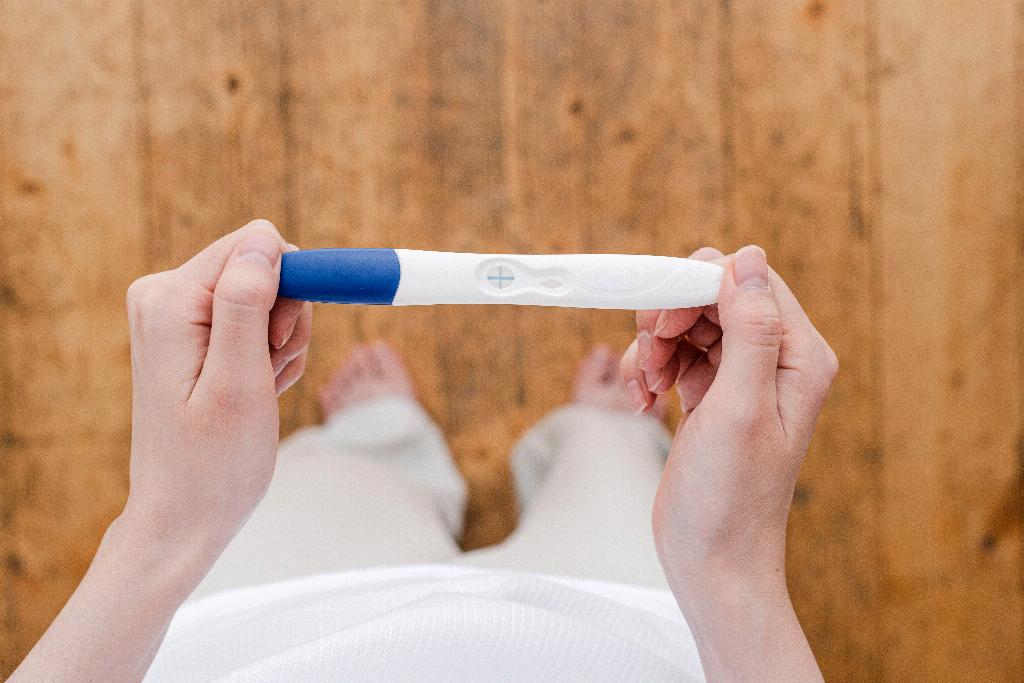Postpartum hemorrhage (PPH) is a serious condition that can occur after giving birth, characterized by excessive bleeding. One of the burning questions that many new mothers may have is whether recovery from PPH is possible. Let’s delve into this topic and provide some insights.
Recovery Process
Recovering from postpartum hemorrhage is indeed possible, but it is essential to acknowledge that the recovery process may vary for each individual. The recovery timeline can be influenced by various factors, including the severity of the hemorrhage, overall health, and timely medical intervention.
Continuing Breastfeeding
Many new mothers wonder if they can continue breastfeeding after experiencing PPH. The good news is that in most cases, you can still breastfeed. It is crucial to consult with your healthcare provider and seek additional support if needed to ensure a smooth breastfeeding journey.
Post-Discharge Care
Once you are discharged from the hospital after PPH, you may still experience fatigue and anemia. It is common to feel weak after such a significant event, and you may require additional treatments such as iron supplementation to aid in your recovery.
Recovery Duration
It is essential to understand that full recovery from postpartum hemorrhage may take time. While some mothers may recover relatively quickly, for others, it could take several weeks or even longer to feel back to normal. Patience and self-care are key during this period.
Medical Follow-Up
After experiencing postpartum hemorrhage, it is crucial to attend follow-up appointments with your healthcare provider. These routine check-ups allow your doctor to monitor your recovery progress, address any concerns, and provide any necessary medical interventions.
Emotional Well-Being
Recovering from PPH not only involves physical healing but also emotional well-being. It is entirely normal to feel overwhelmed, anxious, or upset following such a traumatic experience. Seeking emotional support from loved ones or a mental health professional can be immensely beneficial.
Support Network
During the recovery process, having a strong support network can make a significant difference. Whether it’s your partner, family members, friends, or a support group, having people to lean on for emotional support and practical help can aid in your recovery journey.
Self-Care Practices
Engaging in self-care practices is crucial for a smooth recovery from postpartum hemorrhage. Make sure to prioritize rest, proper nutrition, hydration, and gentle physical activity as you navigate through this period. Listening to your body’s needs is paramount.
Monitoring Symptoms
It is essential to stay vigilant and monitor any concerning symptoms during your recovery. If you experience persistent bleeding, severe pain, fever, or any other worrisome signs, do not hesitate to contact your healthcare provider immediately for prompt evaluation and treatment.
Long-Term Health
While the focus is on immediate recovery from postpartum hemorrhage, it is also crucial to consider long-term health implications. Discussing future pregnancies, birth plans, and any potential risks with your healthcare provider can help ensure optimal health and well-being in the long run.
Conclusion
In conclusion, recovery from postpartum hemorrhage is indeed achievable with proper medical care, self-care practices, and a strong support system. Every individual’s journey to recovery is unique, and it is essential to prioritize both physical and emotional well-being during this challenging time. Remember, seeking help when needed and taking care of yourself are crucial steps in the path to full recovery.

